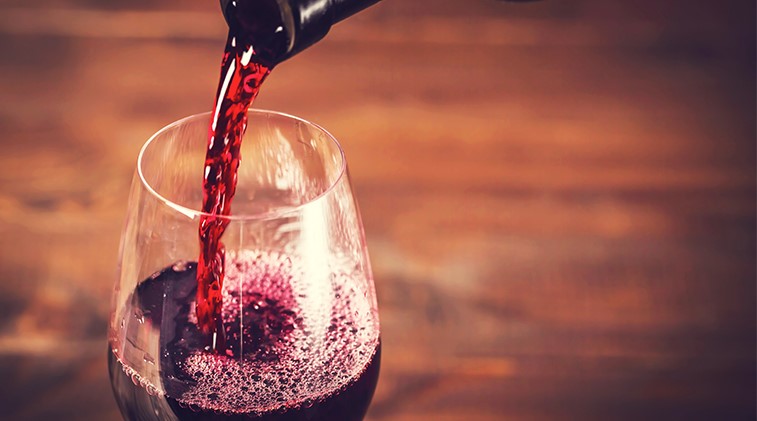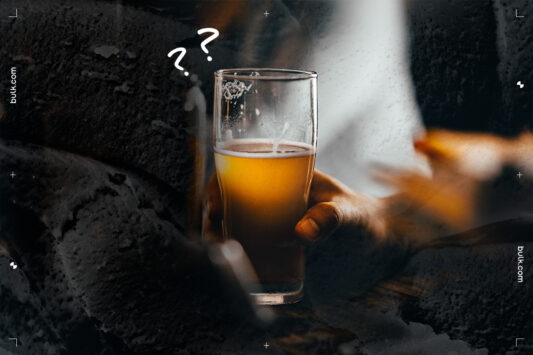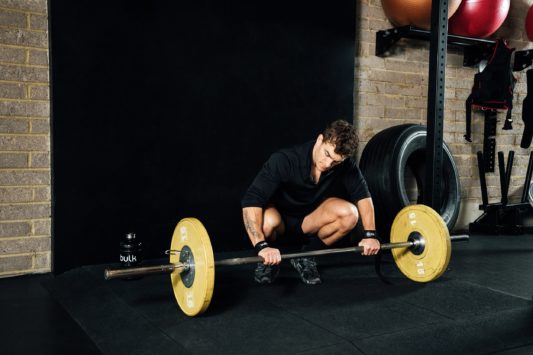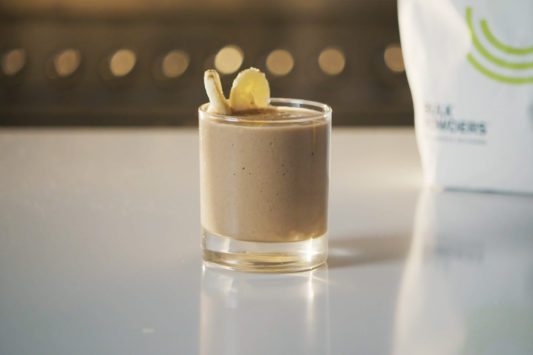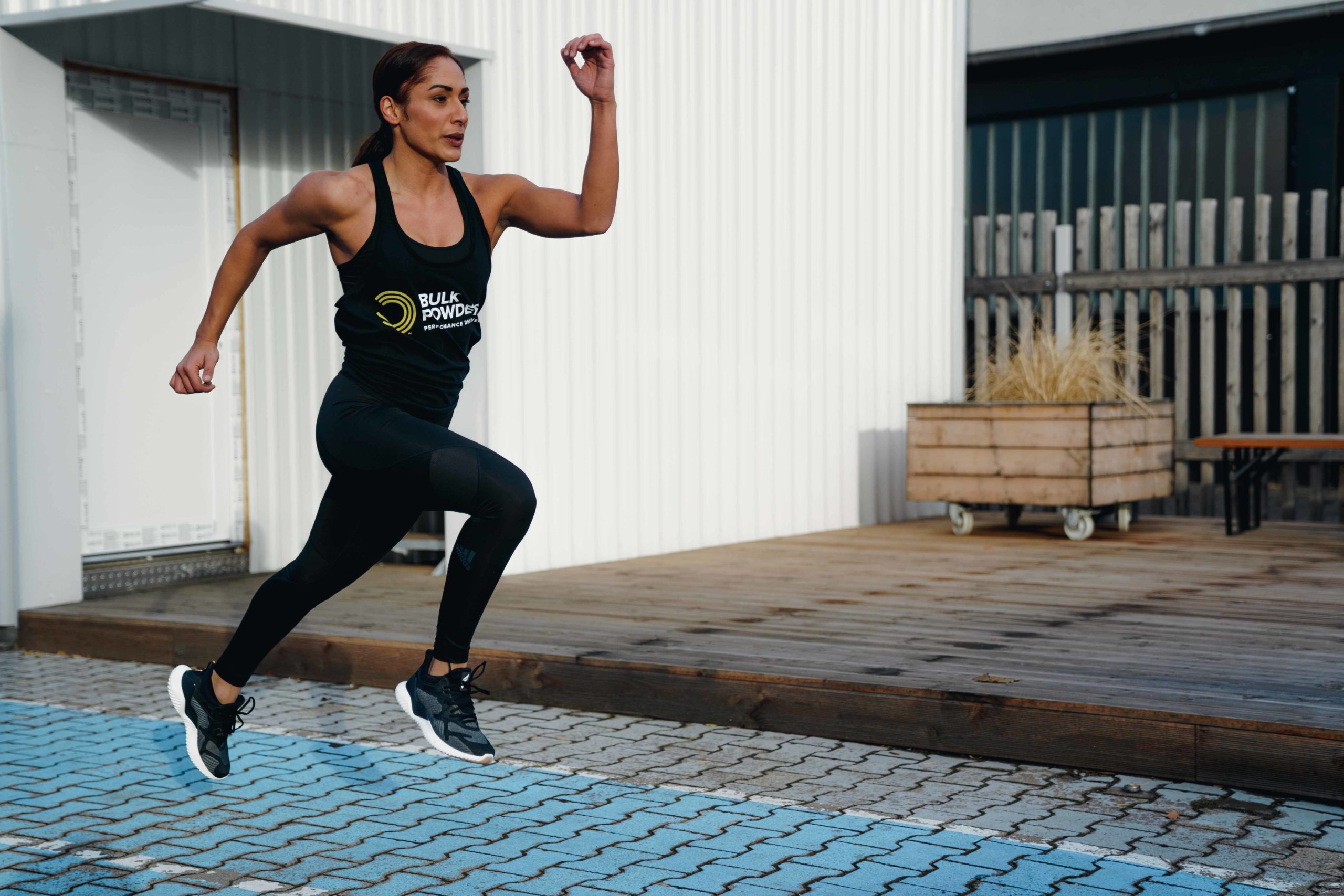From time to time, we all like to let our hair down and have a few drinks with friends, and there is no reason why once in a while we shouldn’t enjoy ourselves (responsibly, of course). Anyone who has ever drunk to excess will know about the dreaded hangover and the impact on the desire and ability to train effectively. But aside from the obvious perils of drinking to excess, are there any other things that we should consider that might impact on our training even after just an occasional pint or glass of wine?
Well firstly, even a few quiet drinks can lower our inhibitions and this can impact on our food preferences and our ability to stay on track with our nutrition. For the average Joe, this may not be an issue, but for the person serious about optimising muscle growth or losing body fat this might become problematic if they are not eating to properly refuel their recovery. Even for those who are recreational gym-goers, there needs to be an awareness that alcohol calories can rack up quickly, with 7kcal per gram; combine this with a penchant for ‘dirty’ foods after a few beers and many people can say goodbye to their physique goals… unless of course, they can account for this in their diet.
One of the key rules for weight loss, however, is to not drink your calories, especially from sources that are not going to efficiently support your recovery. Alcohol might fit in your daily calorie budget but it certainly isn’t going to make you feel full, and this combined with lowered inhibitions could be a disaster.
We all know that sleep is a key component of recovery, giving our body time to rest and repair, reduce our stress hormones and actually help support the maintenance of our metabolic rate. However, alcohol can often lead to disrupted sleep (even if it can help some people fall asleep in the first place), fatigue the next day, and may also impair recovery in a more direct manner1.
Consuming alcohol after a workout, training session or game, which is quite common amongst team sports and is often used to celebrate success, drown sorrows after failure or as a focus for team bonding may actually be impairing our ability to create the proteins we need to recover from training. Alcohol inhibits pathways that create new muscle proteins, which is often triggered through exercise, especially resistance training, called muscle protein synthesis (MPS). As the name suggests, MPS is an essential pathway that creates new proteins that are required for recovery from training/sport and of course muscle growth… but how much does alcohol impair this pathway?
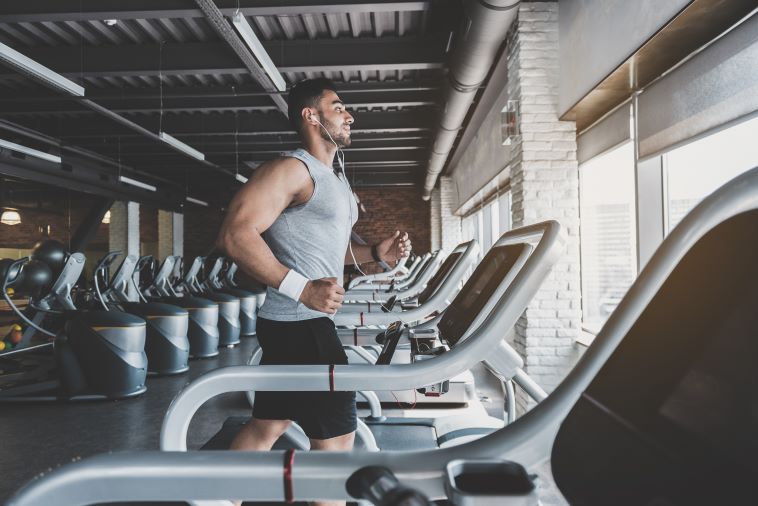
Well, in one study2, participants took place in a resistance training session combined with some moderate and high-intensity interval training after which they consumed 25g of whey protein, whey protein with alcohol or alcohol and carbohydrate. Alcohol was consumed immediately post-exercise at an amount of 1.5g/kg. This is, for an average 80kg male, 100g of alcohol, and approximately 10 standard drinks (a standard drink has around 10g of alcohol).
A standard drink would be ½ a pint, a small glass of wine or a 25ml shot of spirit. So, as you can see, 10 standard drinks is not a small amount of alcohol, but it is certainly possible to drink this much on a typical night out. With this amount of alcohol, there was around a 24% reduction in MPS when consumed with 25g of protein. However, this was quite a lot of alcohol consumed immediately post-workout… what about a few hours after?
Well, this is where the data becomes sparse, however as we know that MPS is elevated for long periods after exercise3 it is a safe bet that consuming alcohol in these amounts will have a significant effect on recovery, especially if drinking for several hours, sustaining blood alcohol levels and impairing MPS.
Alcohol is also associated with increased inflammation, a process which will increase tissue breakdown, which is obviously not something that we want after training4. In those who drink regularly and don’t exercise it has been demonstrated that they have accelerated rates of muscle loss, probably due to a combination of increased muscle breakdown and reductions in MPS.
If those who drink regularly and are looking for some solace in all of this, it is that MPS rates do not always correlate with muscle growth and having one drink of an evening now and again is unlikely to do much harm to getting results. However, there is enough evidence of the importance of MPS from a mechanistic perspective in terms of recovery and muscle growth that to ignore it completely would be foolish and for those who are looking to maximise their muscle gains, or take their performance seriously, then alcohol should be limited to times when recovery is not of prime importance for a whole host of reasons that we have outlined in this article.
Do you need to be T-total to get results? Of course not, but just be mindful of these effects and make more thoughtful decisions about where you are and where you want to be with your training and physique and how alcohol fits (or doesn’t fit) in with this equation
Related articles
Looking to learn more? We believe that every person, with support, has the right to transform their lives through fitness. That’s why we’ve put together hundreds of articles with expert advice, all to help you on your fitness journey.
Stretches for runners Weight training for boxing
Best food for runners Muscle building and running
How to train for an Iron Man Adding running to your gym routine
What is dorsiflexion? Holiday workouts for abs, fat loss and muscle growth
Nutrition for endurance training Supplements for endurance
What to eat before a run Should you take pre-workout before cardio?
